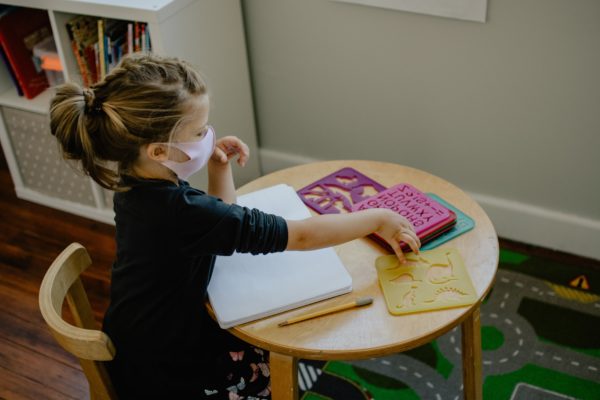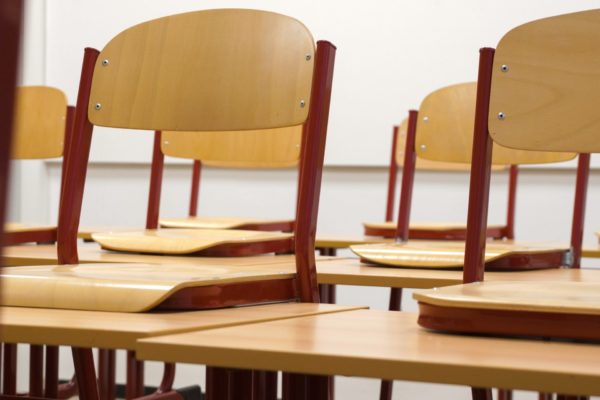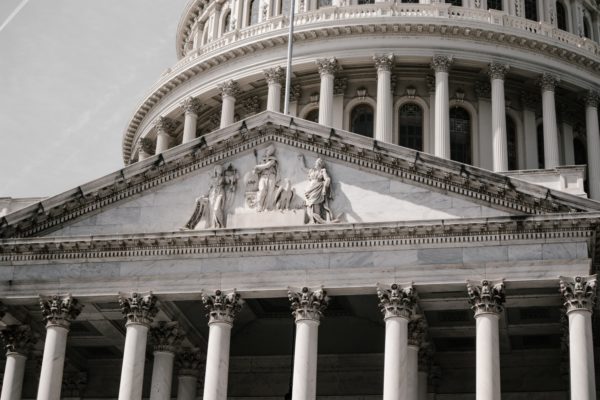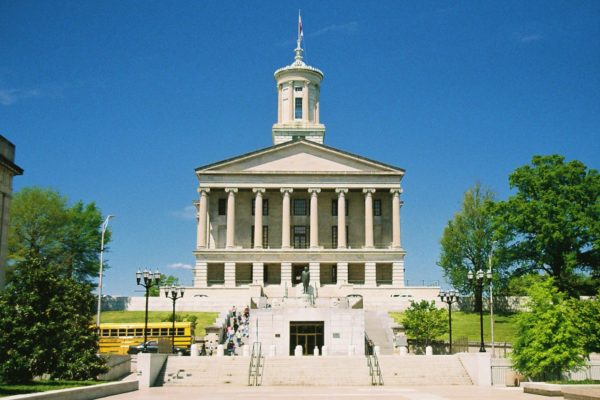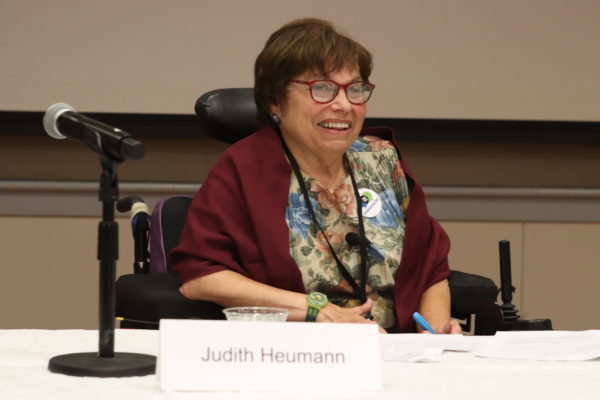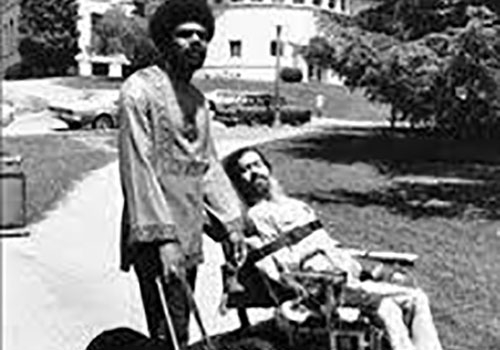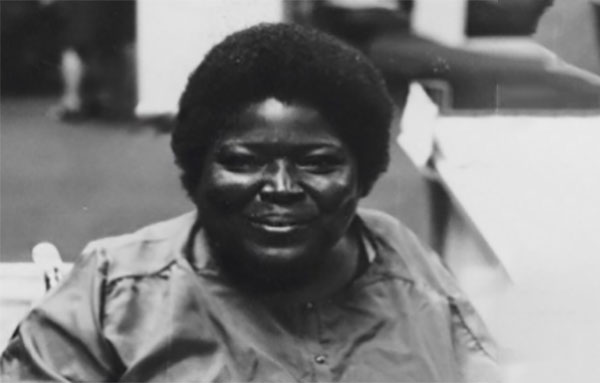Our latest publication, The Rising Tide that Lifts All Boats: Investing Stimulus Dollars with an Equity Focus, provides several specific strategies that districts, schools, and educators should consider to optimize the positive impact of stimulus dollars on students, especially those with disabilities.
On March 31, Edsource reported on a new study that shows that students with disabilities, especially those who are students of color, will need extra assistance to catch up, quoting Executive Director Lauren Morando Rhim.
While we continue to struggle to figure out how to educate students 12 months into the global pandemic, we cannot afford to lose sight of the pressing need to address concerns about disproportionate discipline.
This winter, we informally surveyed local special educators from New Orleans charter schools to hear their on-the-ground perspectives on meeting the needs of students with disabilities during this extremely challenging COVID year. The results include important insight into the challenges special educators are currently facing.
We applaud President Biden and Congress for their rapid introduction and passage of the historic American Rescue Plan, which, among other things, directs much-needed funding to schools to help them meet the challenges of COVID-19.
The Center is strongly opposed to Tennessee’s Teacher Discipline Act, which is currently moving through the state House.
On this International Women’s Day, we acknowledge and celebrate women’s contributions to society, particularly those who have played integral roles in creating pathways for people with disabilities to live wholly and thrive in the classroom, in the workforce, and beyond.
Our new name, the Center for Learner Equity, reflects our core belief that when public schools design for inclusivity and equity from the start, all students benefit.
Donald Galloway (1938–2011) was a fierce advocate for the rights of people with disabilities and for the inclusion of people of color in the disability rights movement.
Johnnie Lacy was a Black disability rights activist integral to the independent living movement. Through her activism, she brought to light the intersectionality of race and disability and worked to tackle ableism in the Black community and racism in the largely white-dominated disability community.
